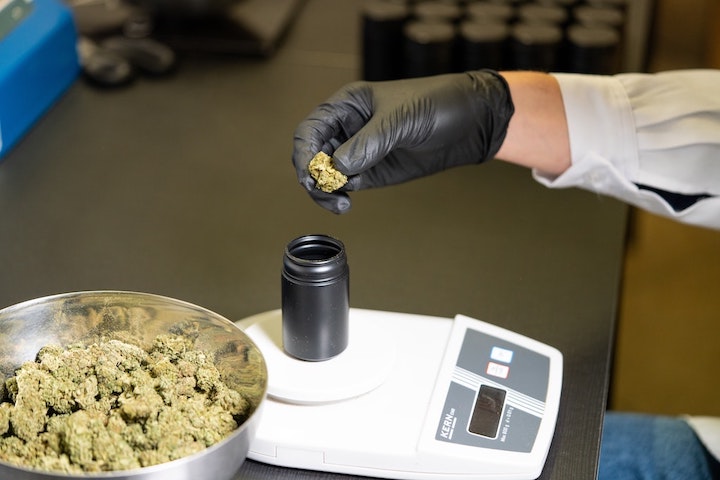An Oregon-based company is suing the feds, claiming the U.S. government acted “improperly” when it seized its supply of marijuana and hemp at the Charlotte airport.
The company wants the federal government to return the more than 3,000 pounds of marijuana and hemp that were originally on the way to Switzerland. But that shipment never made it after U.S. Customs and Border Protection (CPB) acted on a tip from Oregon authorities, alerting them individuals were loading a plane with “military-style duffle bags and black trash bags,” while removing what appeared to be the plane’s seats.
CPB stepped in when the plane made a stop at Charlotte-Douglas Airport, where agents say they found nearly 2,800 pounds of marijuana and 550 pounds of hemp, The Charlotte Observer reports.
An attorney representing CPB is now asking the court to dismiss the case entirely because the company failed to file the correct documentation for its cargo.
In the U.S., the legal definition of marijuana is a cannabis plant containing more than 0.3% delta-9 THC. Anything less than that is considered hemp.
The attorney representing CPB argues that even though WE CBD’s hemp cargo was not illegal, the company failed to declare it at U.S. airports, a procedure that must be done when planes, passengers, and cargo are headed overseas.
In We CBD’s lawsuit, however, the company claims not only did the government act improperly when seizing its cargo but the methods of testing are flawed because the company was not allowed to test the substance to challenge the government’s results. An attorney for the company also says CPD’s latest move to dismiss the case is procedural on whether the court has the legal jurisdiction to hear the case.
“We CBD expects and is hopeful that it will be allowed to move beyond this technical motion to properly examine the evidence and seek justice regarding these important constitutional and statutory issues surrounding the federal seizure of property, which have broad implications for many people and companies,” We CBD’s attorney, William Terpening, says.
